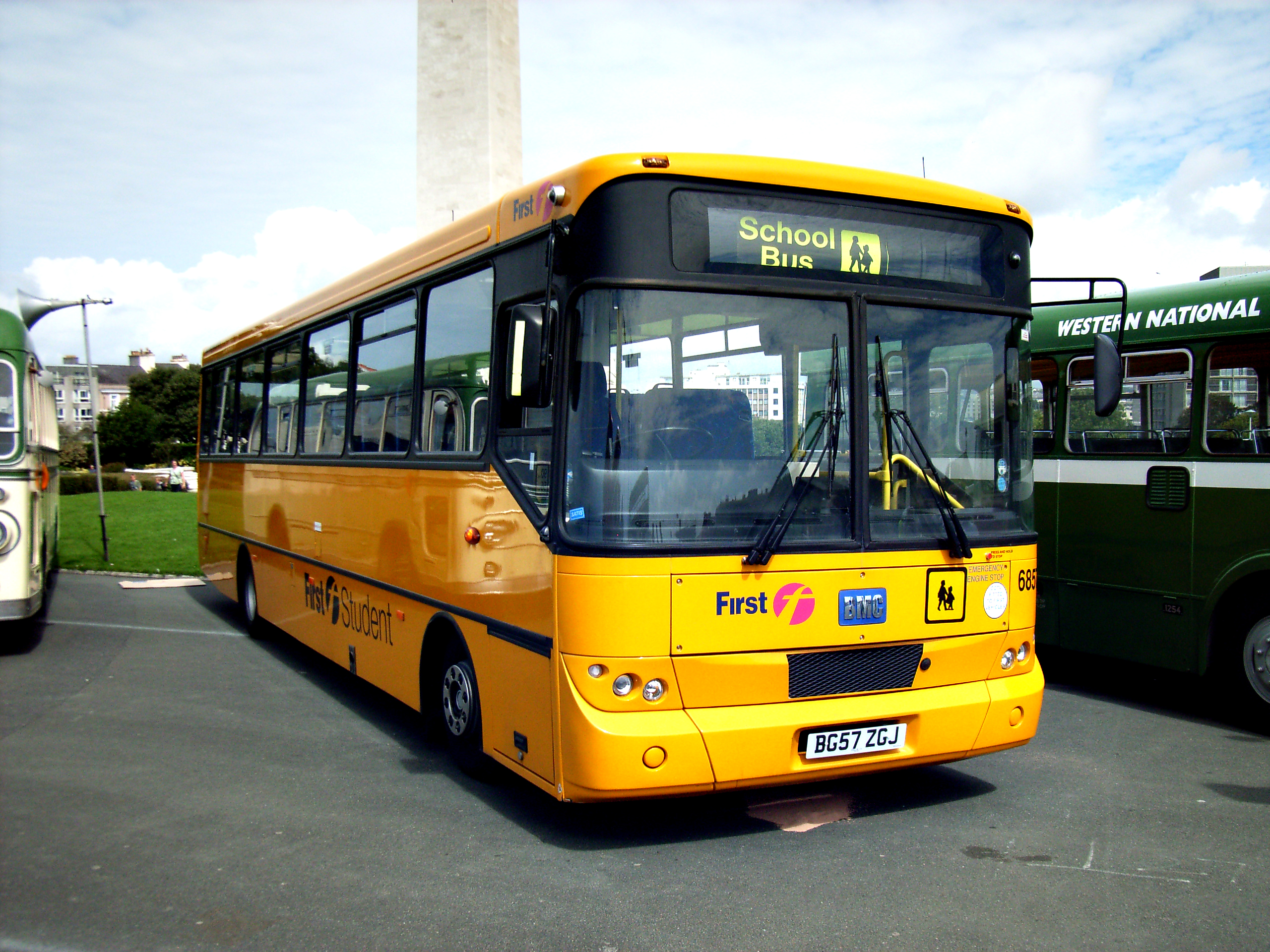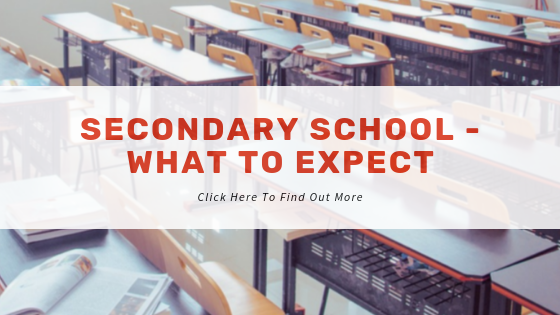By the time your child reaches the end of year six, you might be forgiven for thinking that you know exactly how the school day works and what you should be doing when it comes to everything from getting to school to homework and PE kits. Secondary school can come as a huge shock not just for your child but also for you as well, almost everything will be different, and the changes can seem really daunting. Don’t panic, while there are plenty of new, and exciting challenges awaiting your child at secondary school you will soon both settle into the new routines, and it won’t be long before you are wondering what you were worried about.
Getting There
For many children, the first big change with secondary school is getting there. If your child will be getting the school bus, then this can represent a new and exciting challenge that gives them some real independence. Ensure that your child is familiar with the bus route to their new school, the type of ticket they will need – a pass and a weekly ticket will often be your best option, and also where they should catch the bus home from.

The Building
One huge change that many children find especially daunting about going to secondary school is the sheer size of the school. For those children moving from smaller primary schools to larger secondary schools, there can be as many children in the one year as they were used to in their entire primary school. This means that the corridors will be busy, and when most people know exactly where they are going, and you don’t, it can be easy to feel very lost. Secondary schools are large and moving from classroom to classroom can be very difficult to get used to. You need to remember where all the different rooms are, what lesson you have next and of course, try to get there on time. Plenty of pupils will be in the same position during the first few weeks so don’t worry, there is a good chance there will be teachers and older pupils who will be happy to point you in the right direction.
Subjects
Something that many children look forward to at secondary school is the wider variety of subjects. They will get a chance to really get involved with a subject they will have only touched on in primary school, things like science, food tech and a wider variety of sports. Secondary teachers are subject specialists, these teachers are passionate about their subjects and hopefully will pass this enthusiasm on to your child making them excited about learning.
Teachers
All these different subjects mean that your child will be taught by a wide variety of teachers. This can be a huge leap from primary school where they are probably used to just one or maybe two teachers teaching them everything. They will probably have up to 10 different teachers, and there is a good chance that your child will prefer being taught by some and not others as teaching styles vary. Don’t let this worry you, it is quite normal – especially when children are getting used to all the other changes that come with secondary school. Their constant will be their form tutor who they will see every day for registration; there is a good chance that they won’t be taught by their form tutor, especially if they teach one of the core subjects which will have a larger number of teachers.
As a parent you might be confused about who to contact if there is an issue at school, its no longer as easy as speaking to the class teacher at drop off time. You point of contact will probably be the form tutor or the head of year – most school websites have a list of contact emails, and this may be easier than trying to contact someone who might be busy teaching.
Behaviour
Possibly the biggest shock to the system for most children going to secondary school is the more rigid behaviour policy that might be in place. Secondary schools expect a lot more of their pupils than primary schools. Appropriate uniform requirements need to be adhered to, and this will often include keeping blazers on unless given permission to remove them. Pupils who are not following the uniform code will be given sanctions. Your child will be expected to do any homework that is set and hand it in at the appropriate time. They will also need to ensure that they bring in the books they need each day and any equipment they might require. During the first few weeks, rules may be relaxed a little to allow pupils to adjust, but they should try and get into a routine as soon as possible.
It is not unusual for the school to ask both the pupil and a parent to sign an agreement regarding the behaviour that is expected and the sanctions that will be given if rules are broken. This helps the school to feel supported in implementing their expectations and helps to make a more productive relationship.
The School Day
Secondary schools start a little earlier than primaries and when you add in travelling this can mean that the day is longer. Pupils will get a break in the morning and then a lunchtime, which is often later than they were used to at primary school. These longer and more challenging days, coming as they do after the lengthy summer holidays can be exhausting. If your child has homework that needs completing help them to arrange their time early on so that they can have a little rest when they get home before starting homework.
It might take your child quite a while to settle into all these new routines but they will, and hopefully, they will find their time at secondary school not only challenging but also incredibly rewarding.


